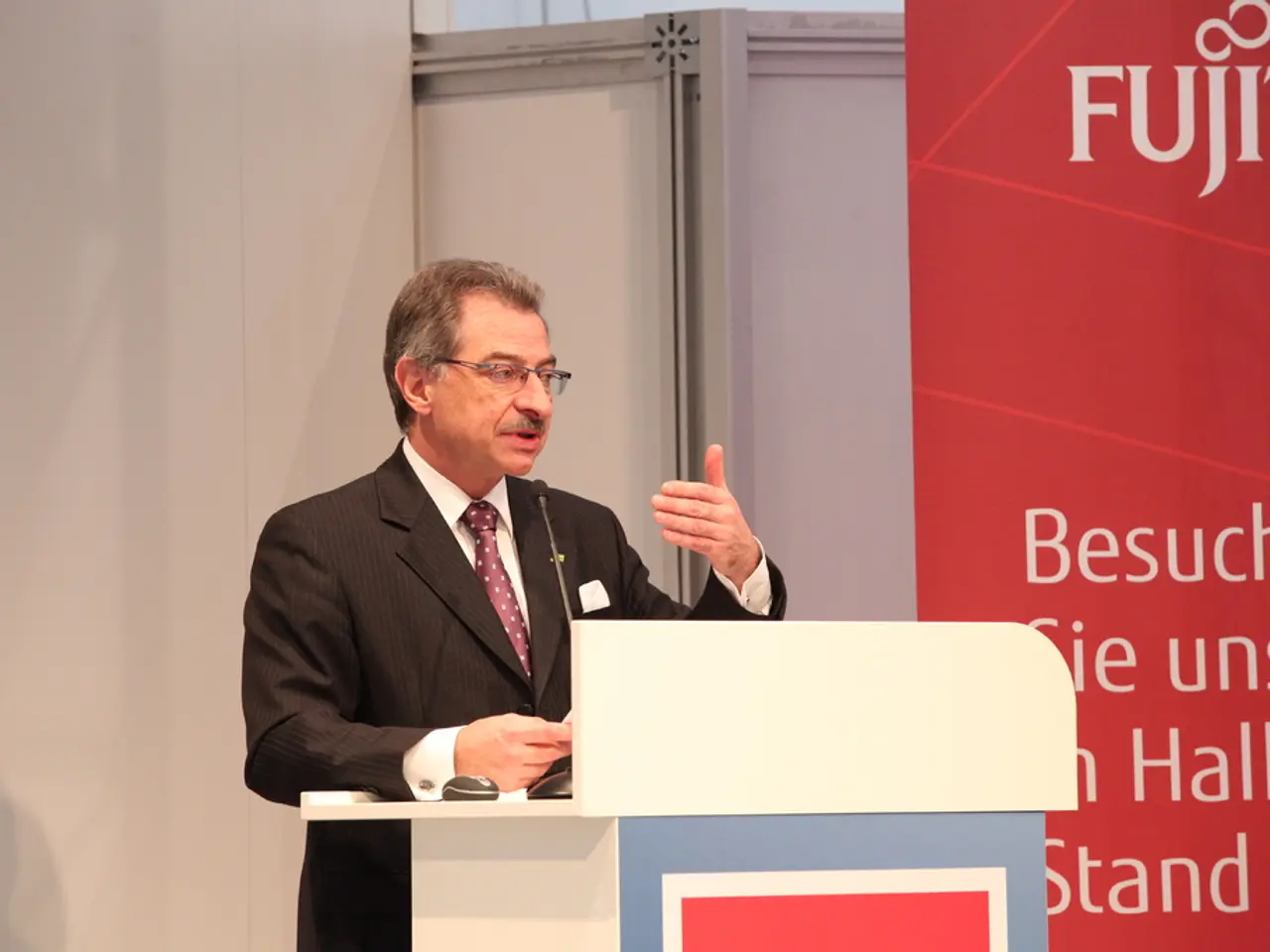Local municipal debts in NRW experience a significant surge, marked by a 12% jump in financial obligations. - Increase in municipal debt of NRW regions by 12 percent
In North Rhine-Westphalia (NRW), the federal state where Düsseldorf is located, the total municipal debt reached a staggering 70.5 billion euros at the end of 2024, according to the latest available data. However, when it comes to the specifics of Düsseldorf's municipal debt, the picture remains unclear.
Despite extensive research, no direct data has been found on the exact increase in Düsseldorf's municipal debt from 2023 to 2024, nor the per capita municipal debt for Düsseldorf in these years. This lack of specific information is a departure from the general trend in Germany, where municipal debt is predominantly tied to investment purposes and amounts to around 3% of GDP.
NRW's total outstanding debt, including state and municipal levels, was approximately 159.8 billion euros as of May 2025. The increase in municipal debt in NRW last year was twelve percent, leading to a total municipal debt of 3,075 euros per capita in 2024, an increase from 3,483 euros in 2023.
Mülheim an der Ruhr holds the title of the NRW city with the highest per capita debt among independent cities, with around 10,000 euros per inhabitant. Oberhausen follows closely behind with approximately 9,800 euros per inhabitant. Unfortunately, the exact per capita debt figures for Düsseldorf remain elusive in the available public data.
It is worth noting that the municipal debt figures do not include the debt of core budgets. For precise municipal debt increase and per capita debt values for Düsseldorf, consulting local government financial reports or dedicated municipal finance publications would be necessary.
Düsseldorf, as a major city in NRW, faces housing demand pressures with expected continued growth needs, but this is more about investment and construction financing rather than direct municipal debt figures. Germany's overall debt-to-GDP ratio has been modestly declining and was about 62.5% in 2024, indicating a manageable level of debt for the nation as a whole.
In conclusion, while the exact increase and per capita municipal debt for Düsseldorf remain unclear, the broader context suggests a rising trend in municipal debt across NRW. For a more detailed understanding of Düsseldorf's municipal debt situation, further investigation into local financial reports is advised.
Vocational training programs in Düsseldorf could potentially offer employment opportunities to help manage its increasing municipal debt within the larger context of a rising trend in municipal debt across North Rhine-Westphalia. In the realm of politics and general-news, the community policy discussions might include strategies to address this issue, such as exploring efficient financial management practices and partnerships with businesses that could contribute to vocational training initiatives.




